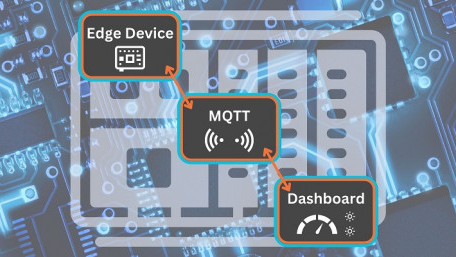
Learn to develop an actual IoT solution end to end. Create a Mosquitto MQTT broker for the Raspberry Pi client in order to connect and publish Sense HAT sensor data.
Learn to develop an actual IoT solution end to end. Create a Mosquitto MQTT broker for the Raspberry Pi client in order to connect and publish Sense HAT sensor data.

Learn to develop an actual IoT solution end to end, from the initial data collection to web-based visualization and…
Learn to develop an actual IoT solution end to end, from the initial data collection to web-based visualization and analytics. This first article in the series will explore the setup of the edge device.
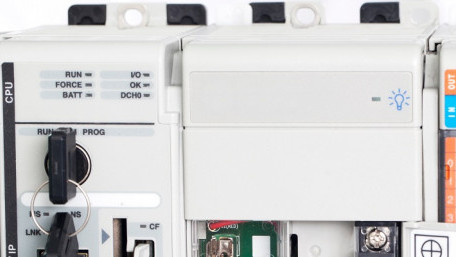
A PLC can be placed in Run or Stop, or occasionally Program mode, usually through physical or virtual methods. But what…
A PLC can be placed in Run or Stop, or occasionally Program mode, usually through physical or virtual methods. But what do these modes mean, and when should they be used?
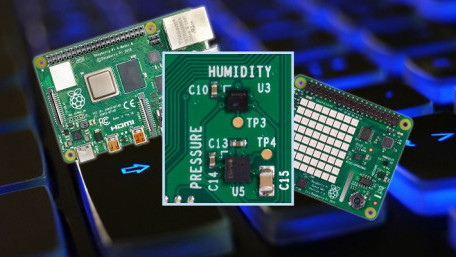
Explore the sensors used to obtain temperature, pressure, and humidity for industrial applications on this value-packed,…
Explore the sensors used to obtain temperature, pressure, and humidity for industrial applications on this value-packed, compact add-on for the Raspberry Pi.

If you’re working collaboratively with teams in a corporate industrial setting and require a version control system for…
If you’re working collaboratively with teams in a corporate industrial setting and require a version control system for critical software or documents, Git is a must-have in your skillset.

Function block diagrams can be a useful tool, but they can also add a lot of complexity. Learn about the what, when,…
Function block diagrams can be a useful tool, but they can also add a lot of complexity. Learn about the what, when, where, and why of function block diagram (FBD) programming.
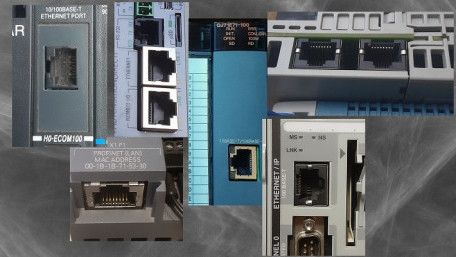
Some controllers and network devices have one port, while others have two. Why is there a difference, and what advantages…
Some controllers and network devices have one port, while others have two. Why is there a difference, and what advantages does having two network ports actually provide?
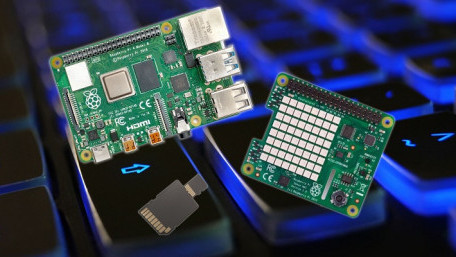
This top-mount accessory for the Raspberry Pi offers various capabilities at a low cost, perfect for analyzing and…
This top-mount accessory for the Raspberry Pi offers various capabilities at a low cost, perfect for analyzing and solving problems related to vibration, temperature, humidity, and others.
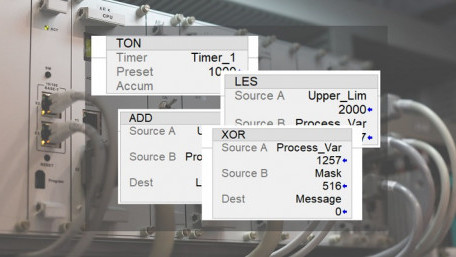
Function block diagram (FBD) programming is a common language for PLCs following the IEC 61131 standard. What is FBD, and…
Function block diagram (FBD) programming is a common language for PLCs following the IEC 61131 standard. What is FBD, and how does it differ from the familiar ladder logic programs?
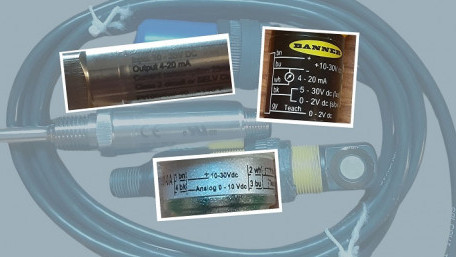
Analog voltage and current are the dominating standards for industrial technology. Is one format better than the other?…
Analog voltage and current are the dominating standards for industrial technology. Is one format better than the other? And if so, why do both signal types still exist in modern systems?
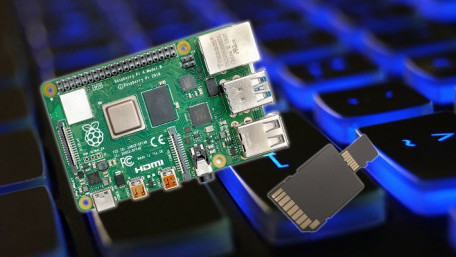
Automation can be inexpensive for small projects by using development boards. This article presents a walkthrough of the…
Automation can be inexpensive for small projects by using development boards. This article presents a walkthrough of the setup and installation steps for the popular Raspberry Pi.
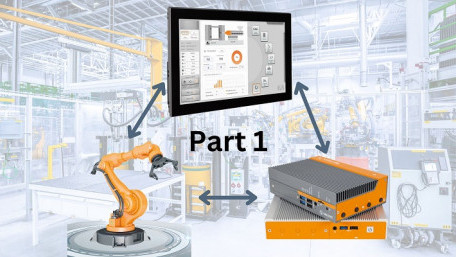
A walkthrough and discussion of a simple web-based HMI solution that could modernize your current HMI technology stack.…
A walkthrough and discussion of a simple web-based HMI solution that could modernize your current HMI technology stack. The first step in the process involves sending data from a device to a server.
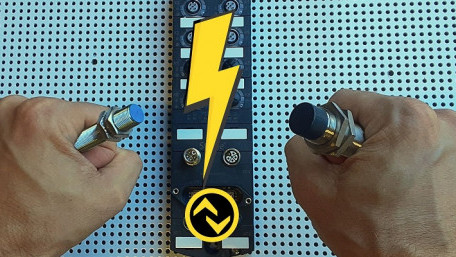
Control.com’s Director of Engineering got to explore IO-Link sensors and what he found might surprise you! Although…
Control.com’s Director of Engineering got to explore IO-Link sensors and what he found might surprise you! Although still considered an “emerging” technology, it’s clear IO-Link technology boasts several bonafide benefits over traditional sensors.
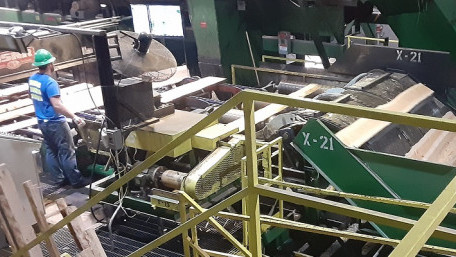
From forest to felling, logging road to mill, finished lumber’s adventure on its way to market is filled with control…
From forest to felling, logging road to mill, finished lumber’s adventure on its way to market is filled with control and automation. Learn about the process from start to finish and how lumber mills ensure the world has access to high-quality lumber thanks to control technology.
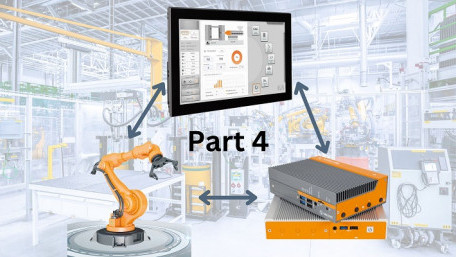
Refining and integrating a front-end HMI application to an API middle layer with real-time data display and historian…
Refining and integrating a front-end HMI application to an API middle layer with real-time data display and historian capabilities for short-term data visualization.
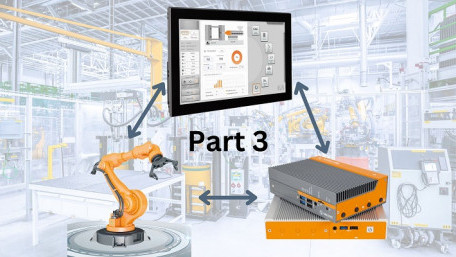
Learn the first steps in focusing on the integration of a front-end HMI application to an API middle layer.
Learn the first steps in focusing on the integration of a front-end HMI application to an API middle layer.
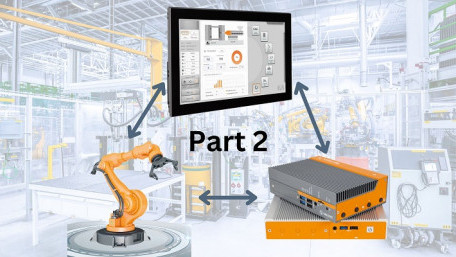
The middle layer, or API layer of a custom-built HMI project involves a server that can submit or receive data to and…
The middle layer, or API layer of a custom-built HMI project involves a server that can submit or receive data to and from a device, either to provide the user interface or interact with the machine.
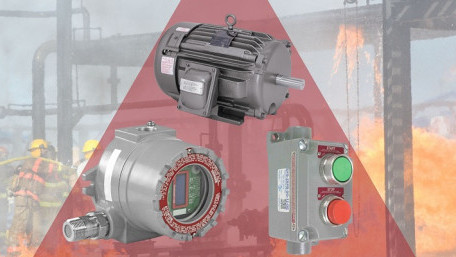
Some workplaces are more dangerous than others, not because of the practices, but rather the products. Where do…
Some workplaces are more dangerous than others, not because of the practices, but rather the products. Where do explosions occur, and what practices exist to reduce such risk for equipment and workforce?
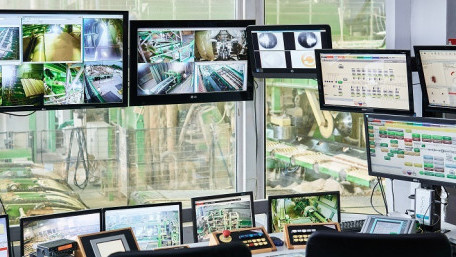
What are these terms, PLC, PAC, RTU, DCS, SCADA? Why are they so important to industrial robotics and automation? Explore…
What are these terms, PLC, PAC, RTU, DCS, SCADA? Why are they so important to industrial robotics and automation? Explore how each different piece functions to build a comprehensive automated system.
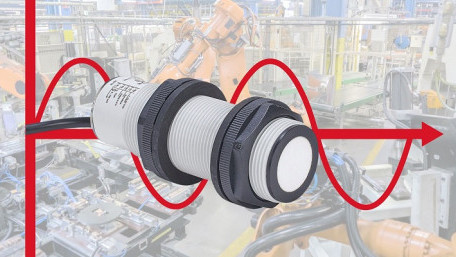
Many articles address the wiring and implementation of analog control signals, but where are they used, and what might…
Many articles address the wiring and implementation of analog control signals, but where are they used, and what might make them a better (or perhaps worse) decision than digital input/output devices?
